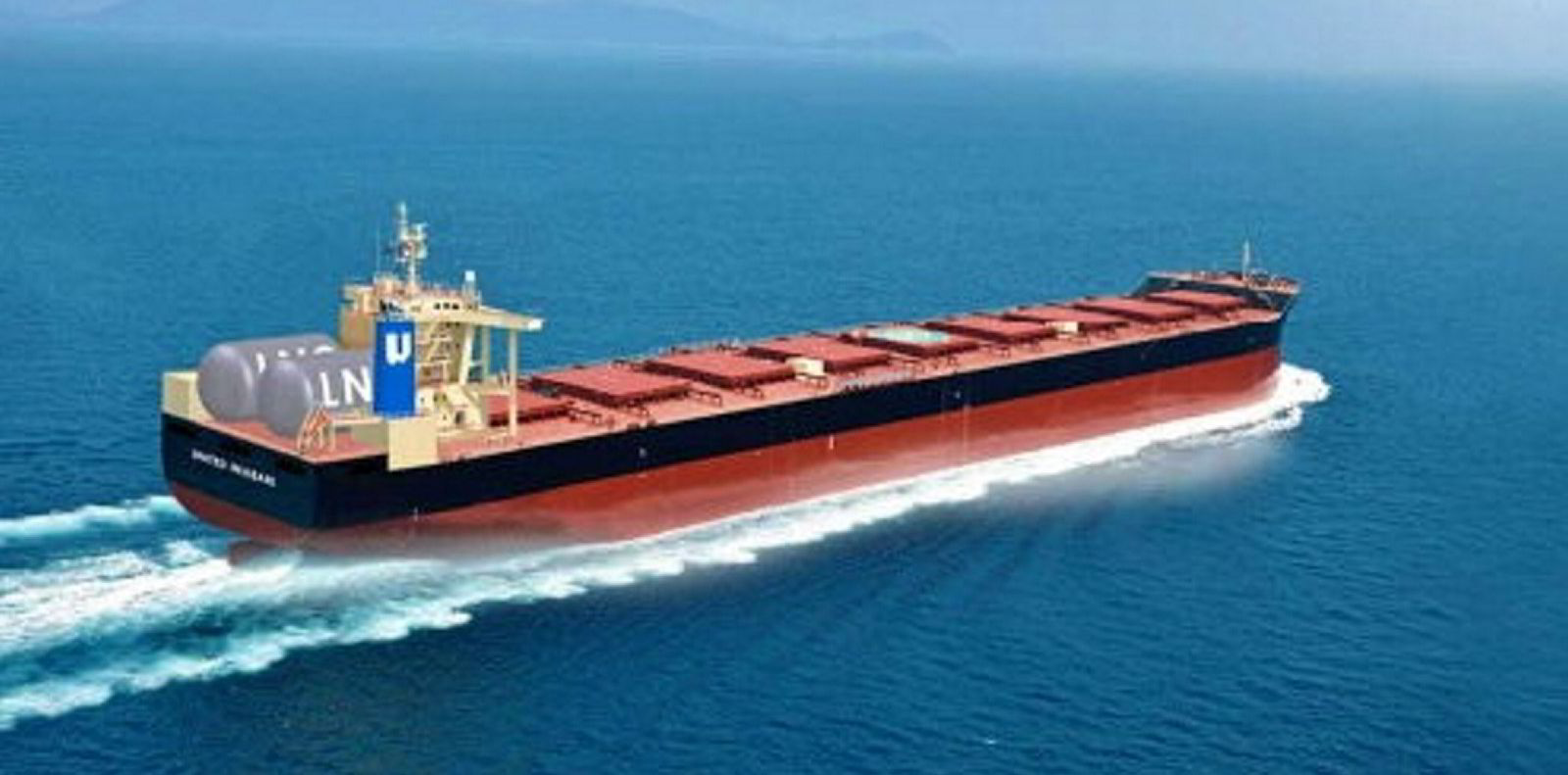LNG-fuelled bulker newbuildings may be falling out of favour as owners look to new zero-carbon alternatives.
This is the view of London and Singapore-based research and forecasting company Maritime Strategies International (MSI).
The company believes the decline in gas-powered vessel contracting is due to methanol and ammonia options gathering momentum and longer-term risks being weighed.
"The recent run of newbuilding capesize bulk carrier orders featuring dual-fuel LNG propulsion may have peaked," MSI said.
The company argues that the fall-off in interest represents concerns over their long-term viability.
Bulkers are earning more now than at any time since 2007 and 2008.
But MSI said: “Contracts declined sharply over the second half of last year and have all but disappeared in 2022: for the year to March, just seven new dry bulk contracts have been reported.”
In 2021, 31 of the 77 capesize vessels ordered were dual-fuelled ships.
Most of these were contracted on the back of long-term charter agreements between miners and shipowners, stretching over a period of between five and 10 years.
However, MSI believes there now seems to be an emerging consensus on future fuels for shipping, converging on ammonia or methanol, which may have the effect of suppressing contracting if a workable low-carbon solution is deemed to be just around the corner.
Mining commitments
Alex-Stuart Grumbar, dry bulk analyst at MSI, said: “Given the commitments by the major mining companies already in place, the recent spate of capesize dual-fuel contracts may have already run its course.
“Owners ordering dual-fuelled ships with an economic life of over 15 years will also be mindful of the expected market conditions towards the end of 2030s and the composition of the fleet. The question is how much will LNG-fuelled ships be penalised should a majority of the fleet by then be using non-fossil based zero-carbon fuels?”
Japan is an important player in developing these new solutions.
Sumitomo Corp is working in conjunction with Oshima Shipbuilding to develop an ammonia-fuelled kamsarmax, with the aim of taking first delivery by 2025.
MSI said another “compelling” solution has been proposed by owner NYK and Elomatic, which have just completed the development of a concept design for an LNG-fuelled but ammonia-ready post-panamax bulker.
Delivery is also planned for 2025.




